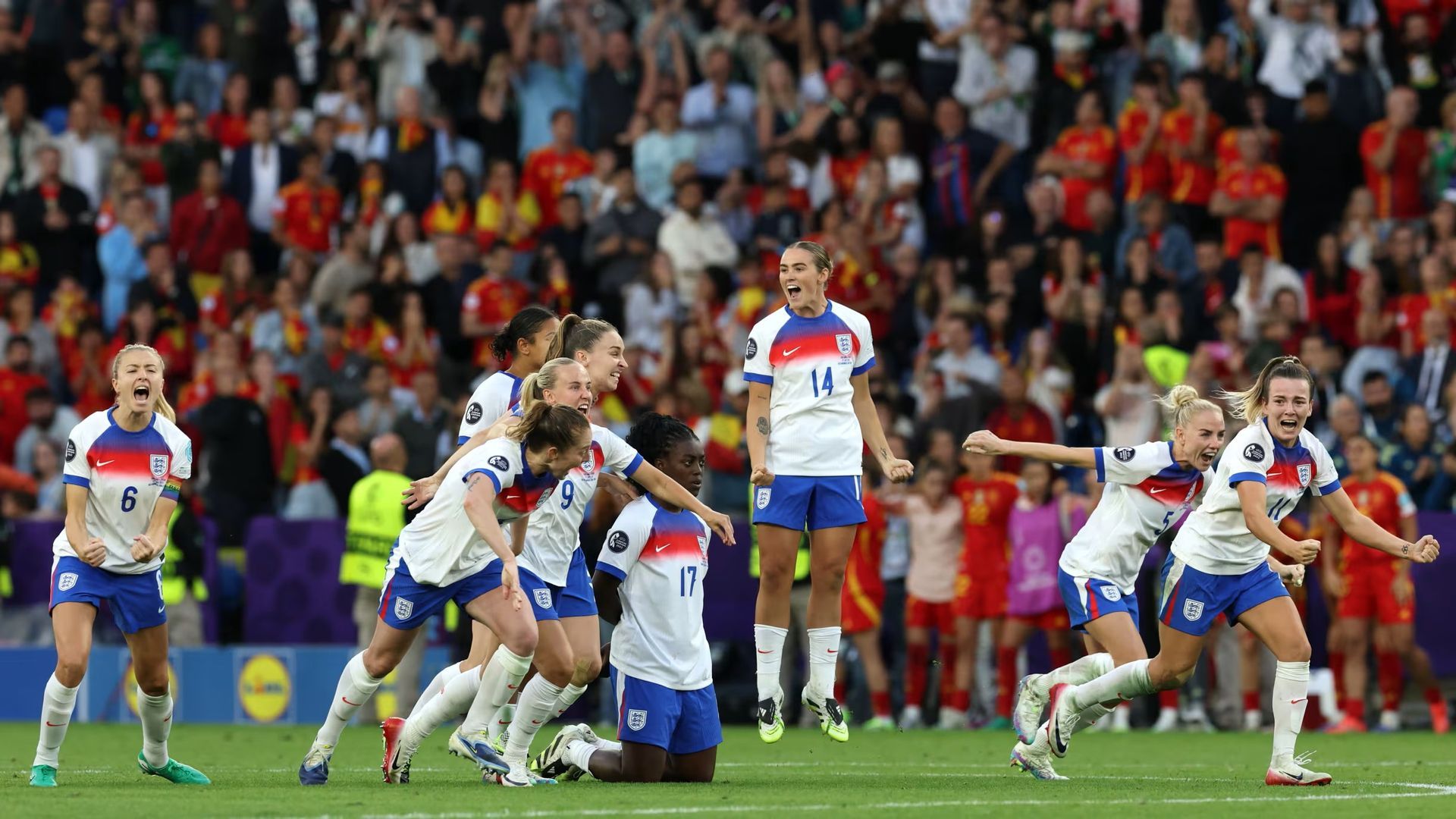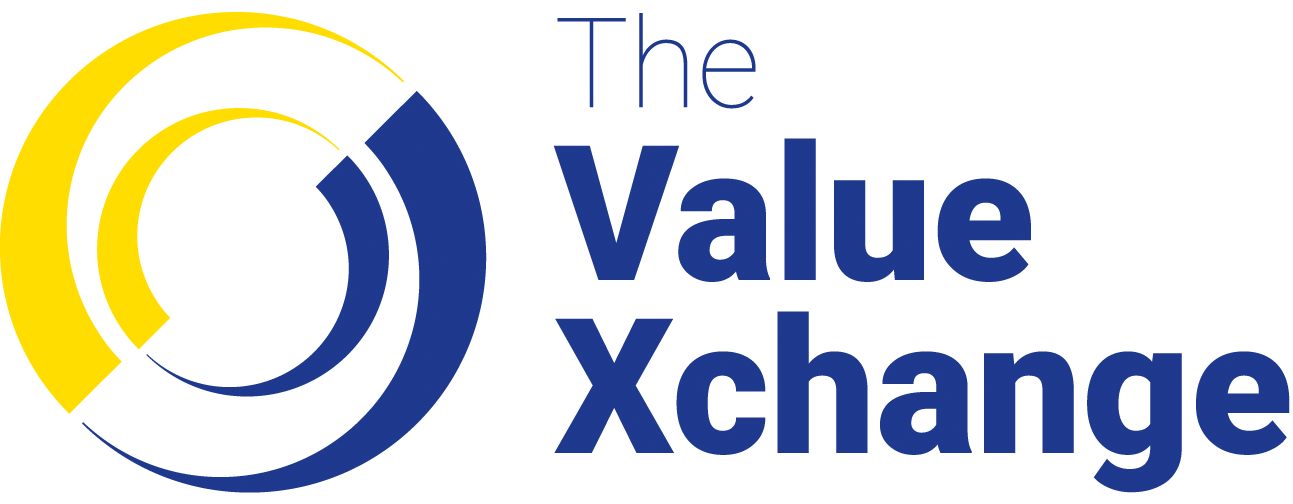Why the Lionesses’ Euro 2025 Triumph Is a Sponsorship Wake-Up Call
Women’s football is growing faster than ever – and the smartest brands are already paying attention.

The Lionesses have done it again. After their historic Euro 2022 win ignited a revolution, their Euro 2025 triumph has cemented women's football as not just a fast-growing sport, but a cultural movement. Attendance, viewership, and commercial interest have all risen sharply over the past few years. For brands, this moment isn’t just celebratory – it’s a signal.
The Unstoppable Rise of Women’s Football
UEFA Women's Euro 2025 reached over 623,000 in attendance, an 8% increase on the record crowds of 2022, while the global broadcast audience exceeded 400 million. This growth isn’t just happening in Europe; viewership is expanding rapidly in North America and Asia-Pacific, signalling a truly global stage.
Commercially, women’s football is showing stronger engagement per pound spent than the men’s game, according to Kantar and Sportcal studies. Deloitte forecasts the women’s sports market will surpass
£1.8 billion in in revenue 2025, with football leading the charge. This momentum means brands can no longer afford to sit on the sidelines. Getting in now allows sponsors to ride the growth curve while rights are still relatively accessible, whilst also benefitting from first-mover authenticity.
The Right Kind of Brand Love
Supporting the women’s game isn’t just commercially smart — it resonates deeply with fans. A 2023 report by The Space Between found that 69% of women’s football fans are more likely to support brands that sponsor the women’s game rather than the men’s. More than simply a nice-to-have halo effect, this represents brand loyalty.
Crucially, that applies not just to new fans, but to traditional football audiences too. Increasingly, those who grew up with the men’s game are recognising the authenticity and passion in the women’s version and are subsequently respecting the brands who back it.
A Family-Friendly, Values-Driven Arena
While men’s football is sometimes marked by tribalism and intensity, women’s football offers an inclusive, family-oriented atmosphere that makes it easier for brands to engage in meaningful ways without polarising audiences.
It’s why brands like
Disney+, a partner of the Lionesses during the 2023 World Cup, found such synergy. Their content activations focused on storytelling, diversity, and connection, values that resonate naturally within the women’s football audience. With social media followings for players and teams often doubling year-on-year, these values-based activations have growing reach and impact.
The Most Undervalued Property in Sport
Despite this growth, women’s football remains significantly undervalued commercially. Rights fees, activation costs, and ambassador deals are still a fraction of what they would be in the men’s game, yet the engagement potential is often higher.
For savvy sponsors, this is the definition of arbitrage: high impact, comparatively low entry cost, and the chance to define the space before it becomes saturated.
Athletes Who “Get It”
One of the most frequent things we hear from brands working in women’s sport is how collaborative and engaged the athletes are. Many of today’s Lionesses remember playing without proper pitches or kit, and they genuinely understand the role sponsorship plays in sustaining and growing the game.
They show up on time for shoots. They create authentic, relatable content. And they bring humility and enthusiasm to brand partnerships. The likes of Alessia Russo and Lauren James have also become cross-industry ambassadors in fashion, lifestyle, and media, giving sponsors reach far beyond matchday audiences. EE’s “Hope United” campaign, featuring Lucy Bronze and others, worked precisely because the players brought their own voices to the message, not just their faces.
Storytelling Gold
Above all, women’s football offers the richest stories in sport. From Chloe Kelly’s shirt-swinging celebration at Wembley to Mary Earps becoming a household name after being dropped and coming back stronger, these are stories of grit, joy, and resilience.
Brands who harness these narratives will win. Women’s football is increasingly shaping culture through fashion collaborations, documentaries, and social movements, giving sponsors multiple activation points across sport, entertainment, and lifestyle. Nike’s “Never Settle, Never Done” campaign after Euro 2022 and Gillette Venus’ partnership with Alex Greenwood both succeeded by leaning into this emotional and cultural depth.
Conclusion: Don’t Miss the Moment
Women’s football isn’t a side act anymore. The Lionesses have built something that resonates across generations, genders, and geographies. For brands, the question isn’t “Should we?”, it’s “Why haven’t we already?”.
Because in five years’ time, you’ll wish you were part of it in 2025.

